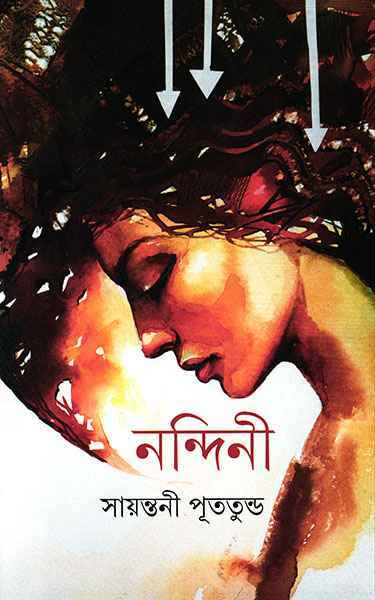Category: Books

blog address: https://www.anandapub.in/book-details/646
blog details: A pair emerged from the crematorium. The woman was obviously ill. ‘Who has died?’ Pradip enquired empathetically. ‘Her mother!’ the guy replied, pointing to his wife, “heart failure.” I feel sorry for the deceased! For, if she had lived, she could have been able to see her nati (grandson) in a few months.’
‘Nati!’ The word seemed strange to Pradip. Nati or natni (granddaughter)— what difference does it make?
Should a married woman's first child always be a boy? Does she have an obligation to produce a male successor for her husband's family? In actuality, however, this idea is deeply ingrained within the patriarchal culture. Throughout the book, Nandini by Sayantani Putatunda, several unfortunate women, find themselves trapped directly or indirectly within this fatwa.
Statistics say that in India, female foeticide, or the selective abortion of female foetuses take place, killing up to approximately one million women per year with devastating and far-reaching effects. The female-to-male ratio has gone down to fewer than 8000:1000 in certain places. In this society, women are not only subjected to discrimination, but they are also denied the right to be born. Why are infant daughters intentionally aborted by so many families? Simply said, economics. In India, it is both practical and socially acceptable to abort female foetuses. The possibility of having to give a dowry to a daughter's future husband is the main motivator for female foeticide, however there are other causes as well. Sons can execute the ceremonies for the spirits of departed parents and ancestors and provide stability to their family in old age, while girls are seen as a social and financial burden. The selective abortion of female babies has increased due to the abuse of prenatal sex identification tools. However, female foeticide is a crime under the law.
Nandini is not just one woman's narrative. Nandini may be someone’s wife, girlfriend, mother, or daughter. She may come from a working-class or a renowned, influential and affluent family. Her predicament is the same regardless of the class to which she belongs— her unborn daughter is sacrificed at the altar of life, and her dignity is undermined and questioned at every stage of her existence.
Buyers interested in reading the book can buy the same from any online Bengali book store or Ananda publishers online store— www.anandapub.in .
keywords: bengali literature
member since: Nov 01, 2024 | Viewed: 78